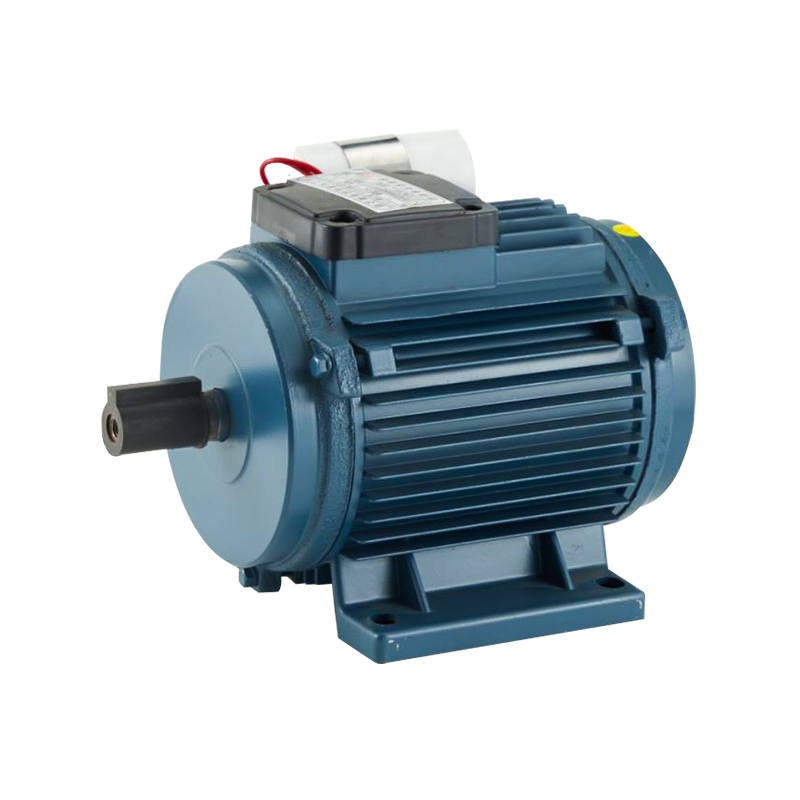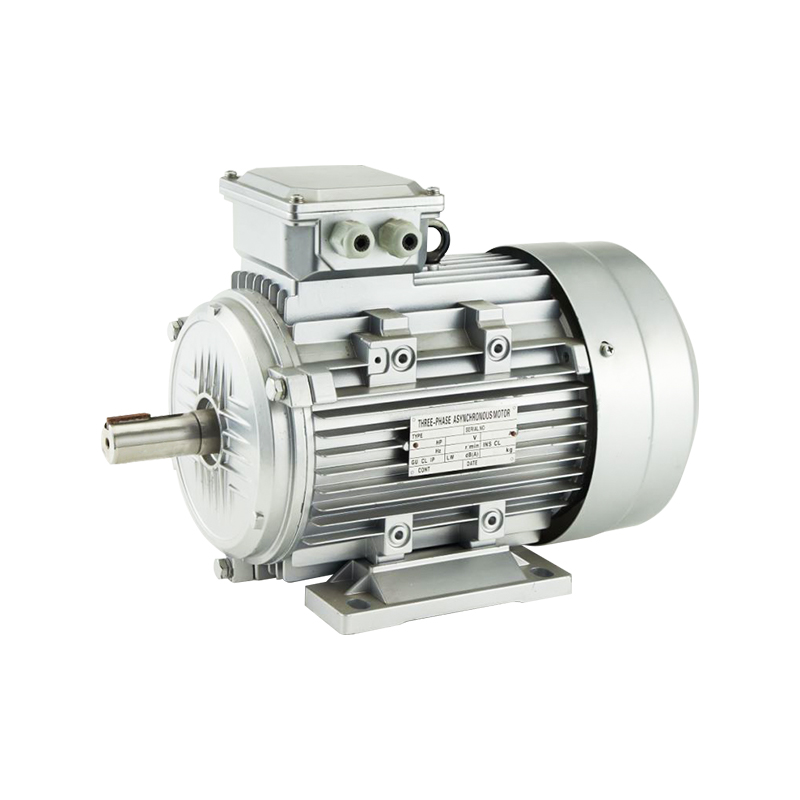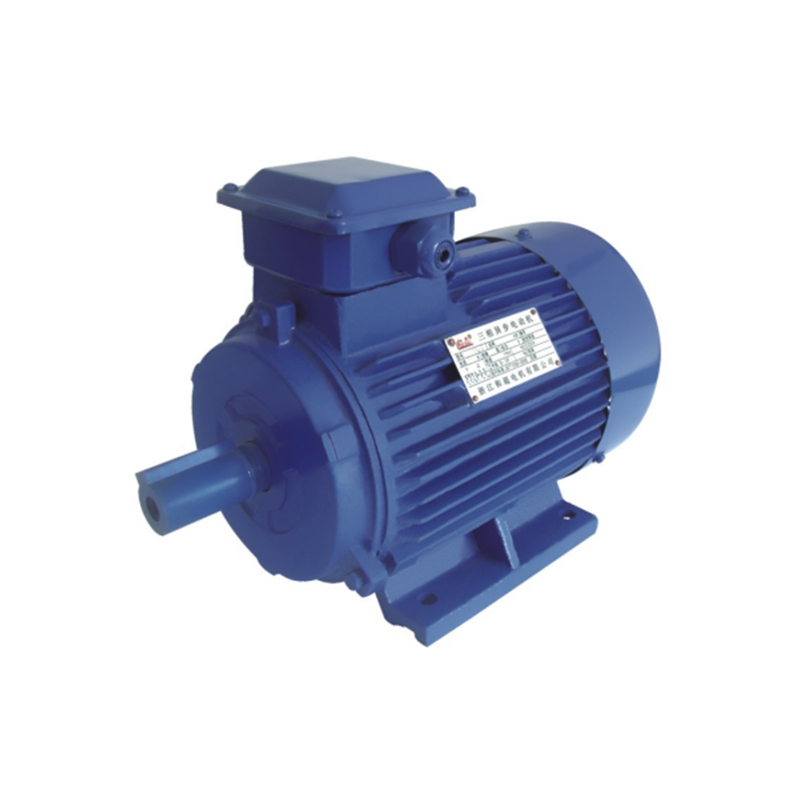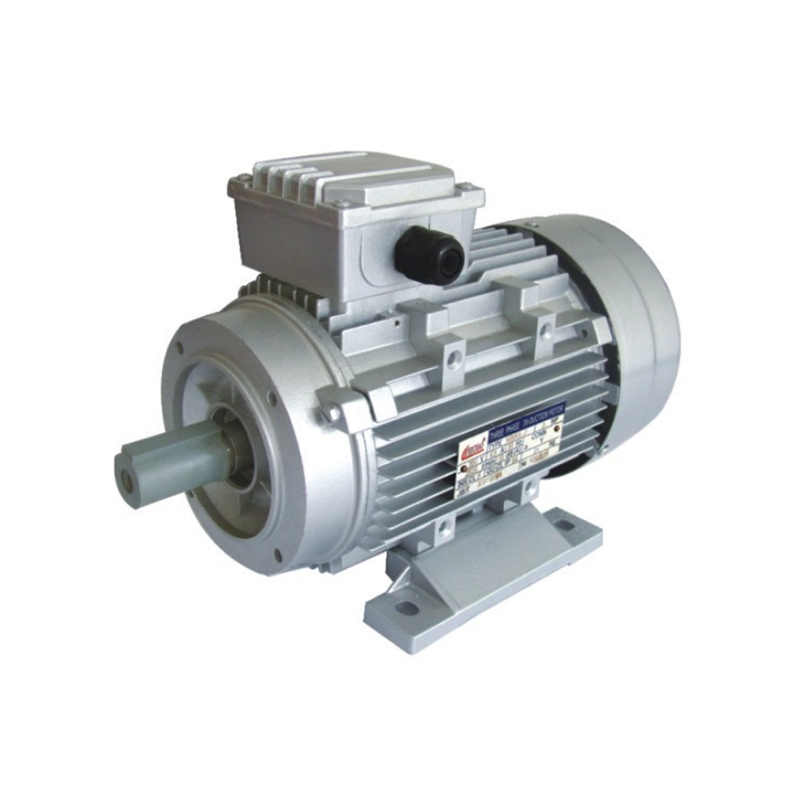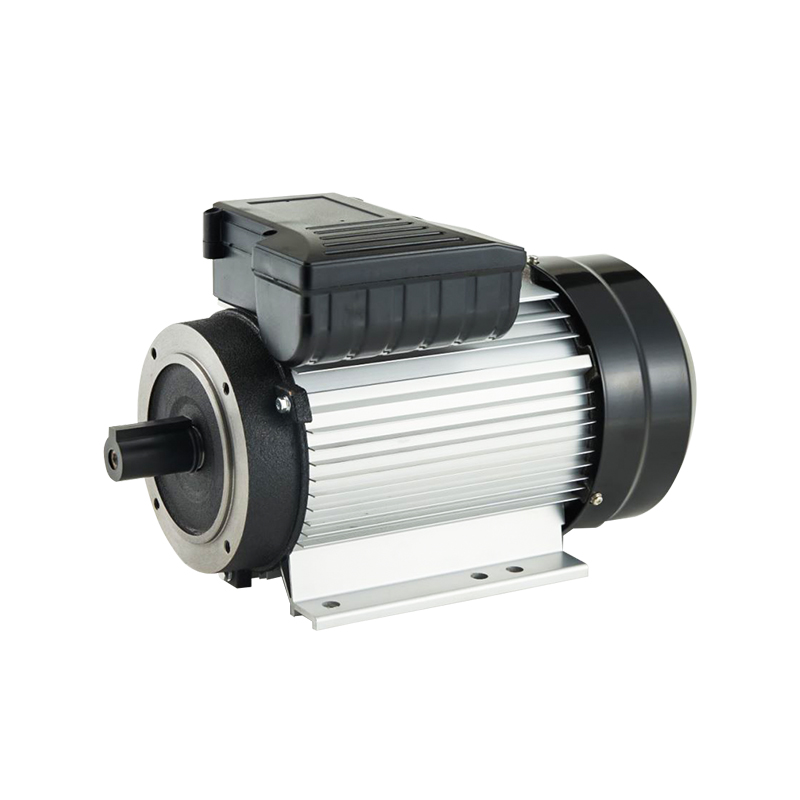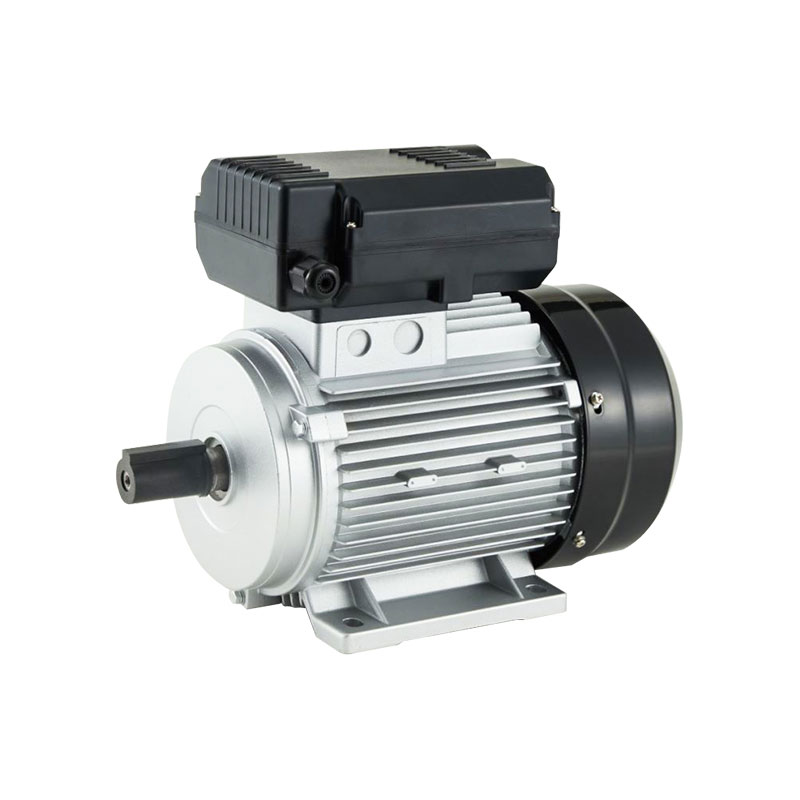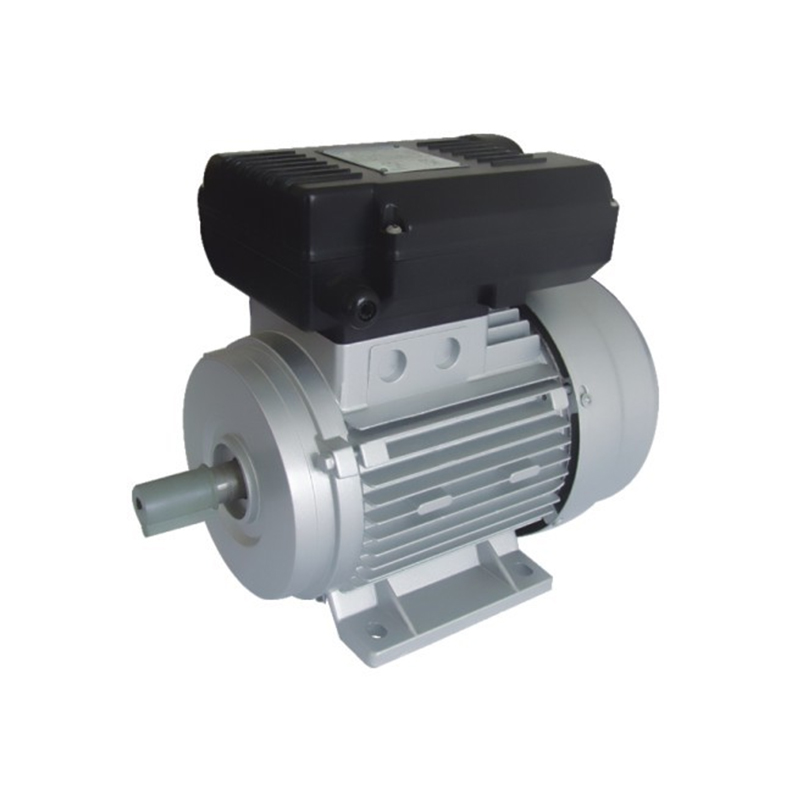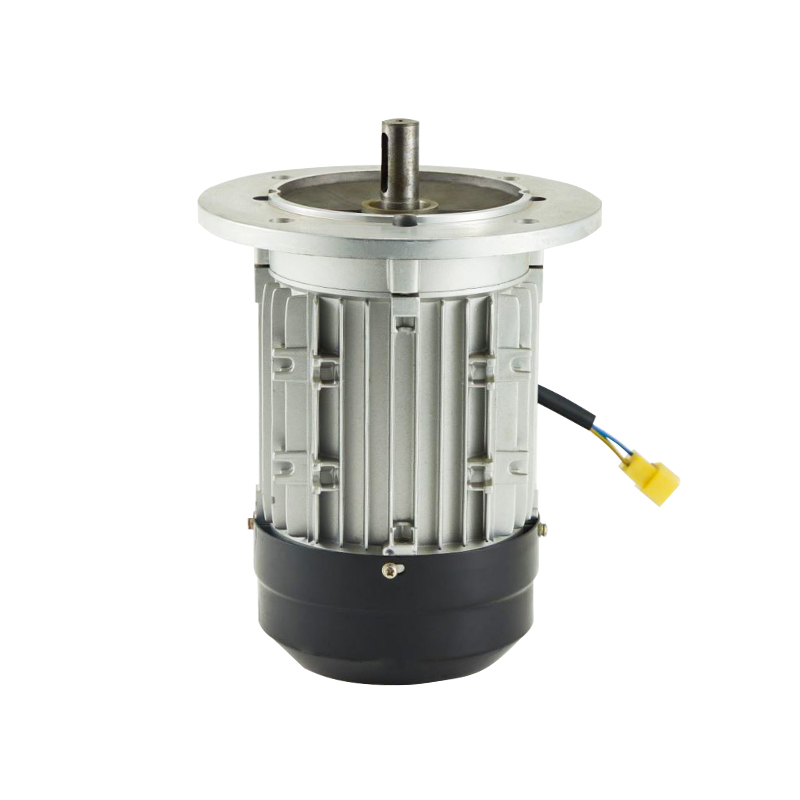Motor control systems play a pivotal role in determining the efficiency of various types of motors, including high efficiency induction motor and universal induction motors. The efficiency of these motors is significantly influenced by the design and operation of the motor control systems that regulate their performance. Understanding the interplay between motor control systems and motor efficiency is essential for optimizing energy use and performance in various applications.
Understanding Motor Types
High efficiency induction motor are designed to operate with small energy loss, making them a preferred choice for applications where energy conservation is crucial. These motors achieve higher efficiency through advanced design features and improved materials that reduce losses associated with electrical and mechanical processes.
Universal induction motors, on the other hand, are versatile and can operate on both AC and DC power sources. They are commonly used in household appliances and small machinery due to their adaptability and cost-effectiveness. However, their efficiency can be less than that of high efficiency induction motor, especially under varying load conditions.
The Role of Motor Control Systems
Motor control systems are responsible for managing the operation of electric motors by adjusting parameters such as speed, torque, and direction. These systems include components such as variable frequency drives (VFDs), programmable logic controllers (PLCs), and soft starters. Each of these components plays a unique role in influencing the overall efficiency of the motor.
1. Variable Frequency Drives (VFDs): VFDs are crucial for enhancing the efficiency of both high-efficiency and universal induction motors. They adjust the frequency and voltage supplied to the motor, allowing for precise control of motor speed and torque. By matching the motor's speed to the load requirements, VFDs less energy wastage and improve overall efficiency. For high efficiency induction motor, VFDs help maintain good performance across a range of operating conditions, while for universal induction motors, they can reduce energy consumption during operation.
2. Programmable Logic Controllers (PLCs): PLCs manage and control various aspects of motor operation by executing programmed instructions. They can optimize the performance of motor control systems by coordinating multiple motors and processes. In high efficiency induction motor, PLCs ensure that the motor operates within its designed efficiency range, while in universal induction motors, they help manage diverse load conditions and operational settings.
3. Soft Starters: Soft starters are used to gradually increase the voltage supplied to the motor, reducing the mechanical and electrical stress during start-up. This gradual ramp-up helps in preventing energy spikes and extending the lifespan of the motor. For high efficiency induction motor, soft starters ensure that the motor reaches its good operating point smoothly, whereas, for universal induction motors, they help mitigate the effects of inrush current and enhance overall efficiency.
Impact on Motor Efficiency
The effectiveness of motor control systems in improving motor efficiency is evident in various ways:
- Reduced Energy Consumption: By optimizing motor speed and load conditions, motor control systems reduce unnecessary energy consumption. For high efficiency induction motor, this means operating at peak efficiency without excessive energy losses. For universal induction motors, it translates into more efficient operation across different power sources and load conditions.
- Enhanced Performance: Motor control systems enable motors to perform well under varying conditions. high efficiency induction motor benefit from precise control that maintains their efficiency, while universal induction motors gain improved performance and adaptability.
- Extended Motor Life: Properly managed motor control systems reduce mechanical stress and prevent overloading, which contributes to a longer motor lifespan. This is beneficial for both high-efficiency and universal induction motors, as it less maintenance and replacement costs.
- Operational Flexibility: Motor control systems provide flexibility in motor operation, allowing adjustments based on specific needs. For high efficiency induction motor, this means maintaining efficiency across various applications, while for universal induction motors, it allows adaptability to different power sources and operational environments.
Motor control systems have a profound impact on the efficiency of high efficiency induction motor and universal induction motors. By leveraging components such as variable frequency drives, programmable logic controllers, and soft starters, these systems optimize motor performance, reduce energy consumption, and enhance operational flexibility. Understanding and implementing effective motor control strategies are essential for achieving desired efficiency levels and increasing the performance of both high-efficiency and universal induction motors.

